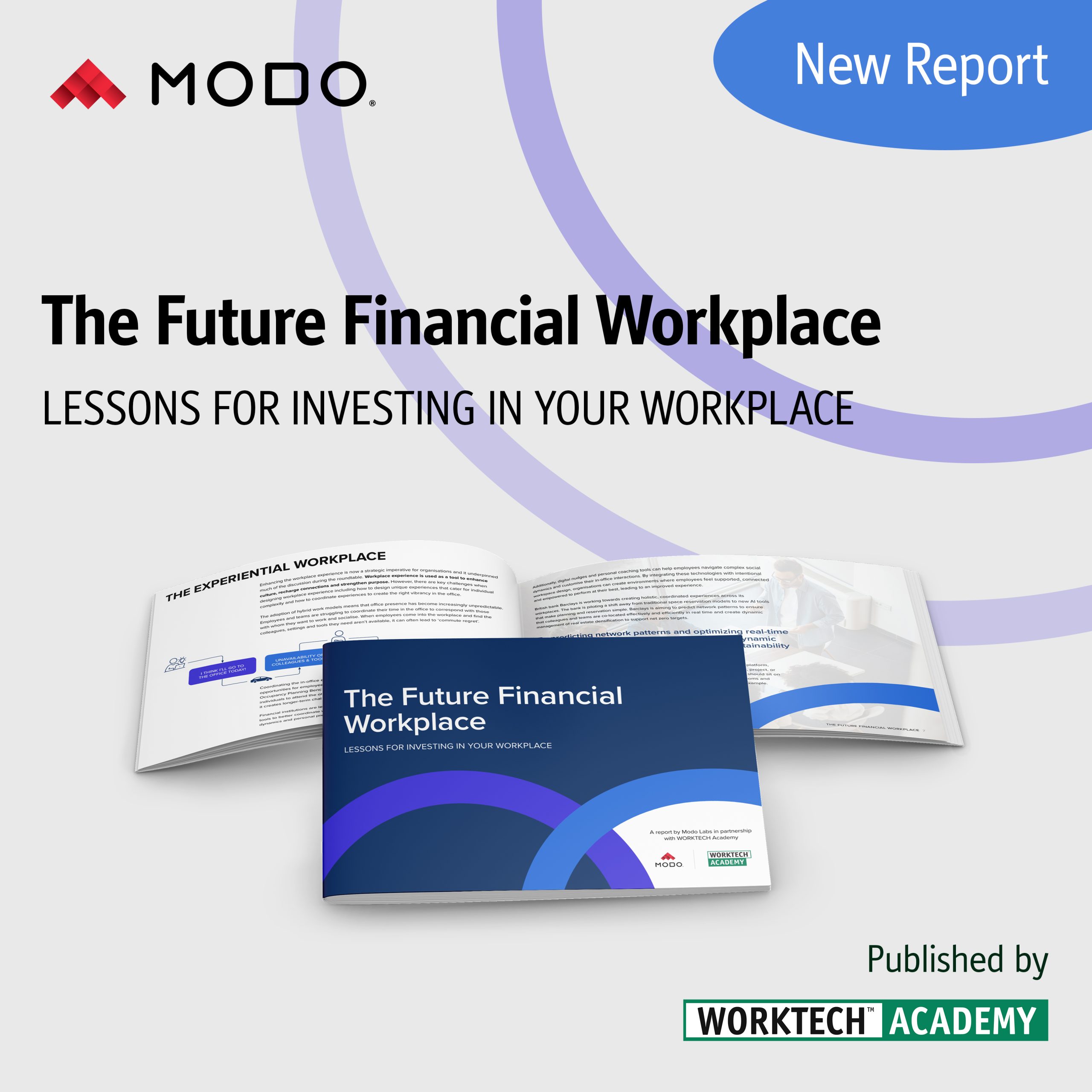Getting ahead of the curve: three pillars for surviving Covid-19
The post-pandemic world of work is set to look very different, but the need to recruit and retain top talent remains the same. How can companies come out on top after the crisis?
As we navigate our way through Covid-19 and begin re-entry into the workplace, we need to ask ourselves how organisations can still deliver an attractive and productive work experience to ensure they attract and retain their top talent.
Many of the issues bubbling to the top during the pandemic are issues that may have already existed, and just accelerated in this crisis. Being prepared to survive this crisis and come out operating better than before can be a reality if you plan it right. Here are three main pillars for surviving Covid-19:
Liquidity: Cash is king and those that have it will survive and even thrive; those that don’t will fail or find themselves swallowed up by those that do.
Nimbleness: Nimble enough to adapt quickly to either shutter up and weather the storm, change the business format, or chase new revenue streams.
Agility: Reimagining the future and how businesses will operate going forward. Understanding this ahead of the curve is critical in building momentum and exit velocity.
The first two of these pillars will be fundamental to survival; without them, sadly, many will have either folded or come under serious pressure. The third, agility, will be the secret sauce to coming out of coronavirus with an eye on the horizon.
What we do know is that attracting and retaining the best talent to an organisation is the lifeblood in order to continue to grow, innovate and stay ahead of the competition. Those that are successful in this regard will outpace those that are not, but the game has changed in the ‘new normal’, raising many fundamental questions:
Commuting: Once employees have experienced an extended period at home, then the likelihood of people opting to go back to their commuter routines is unlikely. The prospect of two-hour commute five days a week is the equivalent of 2.3 years of your life during a career.
Real Estate: With a pre-pandemic occupancy rate of less than 50 per cent, real estate was already under pressure. What do organizations do with their shrinking portfolio beyond Covid-19?
Bricks & Mortar Retail: This was already under significant pressure from online retailers such as Amazon. Some retailers have been sufficiently nimble to strike a balance between online and offline, but many have not. Now they stare into the abyss. What becomes of this space?
Home Working: With an inevitable shift to a higher percentage of employees working remotely, how do organisations manage not only the productivity and effectiveness of their workforce but also their security, their health and wellbeing?
Restaurants: Already the most fragile sector with high costs and wafer-thin margins, has the coronavirus reminded us of the values of cooking and eating at home? Not just what we eat, where we eat but also the cost difference between the two?
Travel: Has shelter-in-place changed our perspective on travel? How will the affordability of travel be affected in the future with potentially less people travelling, lower capacity and higher costs to the consumer?
Without a doubt, there will be winners and losers coming out of Covid-19. The online retailers will continue to thrive, grow and dominate. The supermarkets will gain a greater share of disposable income while restaurant revenues decline. Airlines, hotels and property-share businesses may never be the same. Collaborative technologies and home delivery will grow, while rideshare businesses will struggle to regain revenues and public transportation will be transformed.
‘Without a doubt, there will be winners and losers coming out of Covid-19…’
There will be less commuting as people have the choice to stay at home, and less business travel as video conferencing becomes an accepted norm. There will be smaller real estate footprints but heightened experiences as companies and landlords fight to attract occupants. Workplace services and amenities will be provided on lower revenues for less people but with increased investment. Also, an increase in workforce mobility and the rise of the gig economy will change the way that organisations get things done and how managers manage. So, lots to navigate in the new post-pandemic era, but the three essential pillars of liquidity, nimbleness and agility are critical to who rides the wave and who goes under.
 Simon Elliot is Managing Partner of 4xi Global Consulting, which provides support to employers, operators, innovatorsand accelerators in the world of work. He is also Chair of WORKTECH Academy for North America and a member of its Leadership Advisory Board. 4xi is a Global Ambassador for WORKTECH Academy.
Simon Elliot is Managing Partner of 4xi Global Consulting, which provides support to employers, operators, innovatorsand accelerators in the world of work. He is also Chair of WORKTECH Academy for North America and a member of its Leadership Advisory Board. 4xi is a Global Ambassador for WORKTECH Academy.








